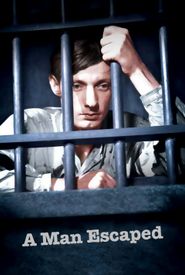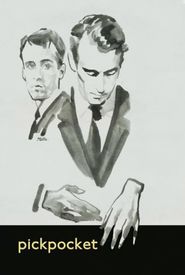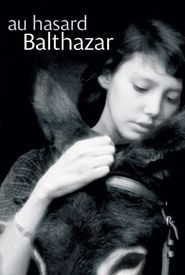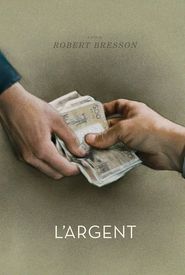Robert Bresson, a French filmmaker, initially trained as a painter before transitioning to the world of cinema as a screenwriter. He made his debut in the film industry with a short comedy film, Public Affairs, in 1934. Following his imprisonment as a German POW during World War II, which lasted for over a year, Bresson released his first feature film, Angels of Sin, in 1943.
His subsequent film, The Ladies of the Bois de Boulogne, in 1945, marked the last time he collaborated with professional actors. From Journal d'un cure de campagne, also known as Diary of a Country Priest, released in 1951, Bresson adopted a unique and minimalist filmmaking style. This style, which he maintained throughout his career, involved the omission of all but the most essential elements from the film, often providing crucial details through the soundtrack instead.
Bresson's actors, whom he referred to as "models," delivered deliberately flat and expressionless performances. This demanding and intensely personal approach to filmmaking resulted in his films rarely achieving widespread popularity, with Bresson typically taking more than five years to complete each project. Despite this, Bresson has garnered a devoted following among critics, who regard him as one of the greatest artists in the history of cinema.
Bresson retired in the 1980s after failing to secure funding for a planned adaptation of the Book of Genesis.
































